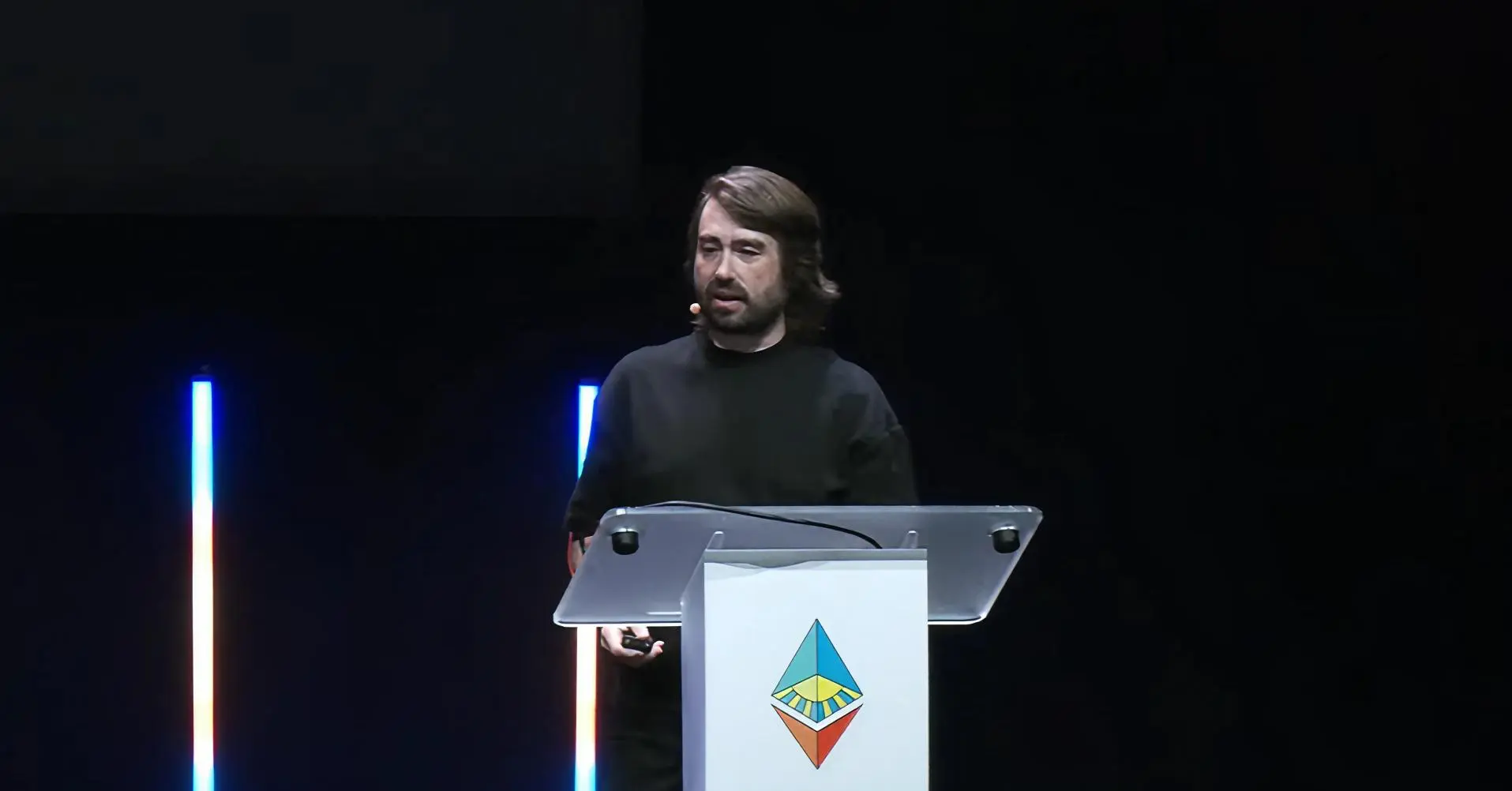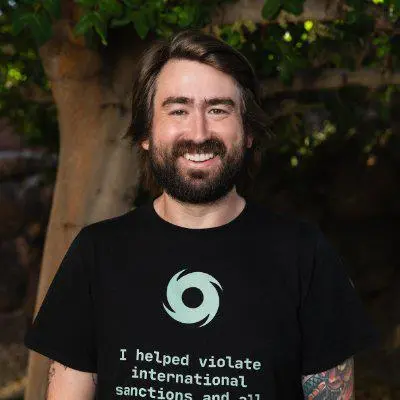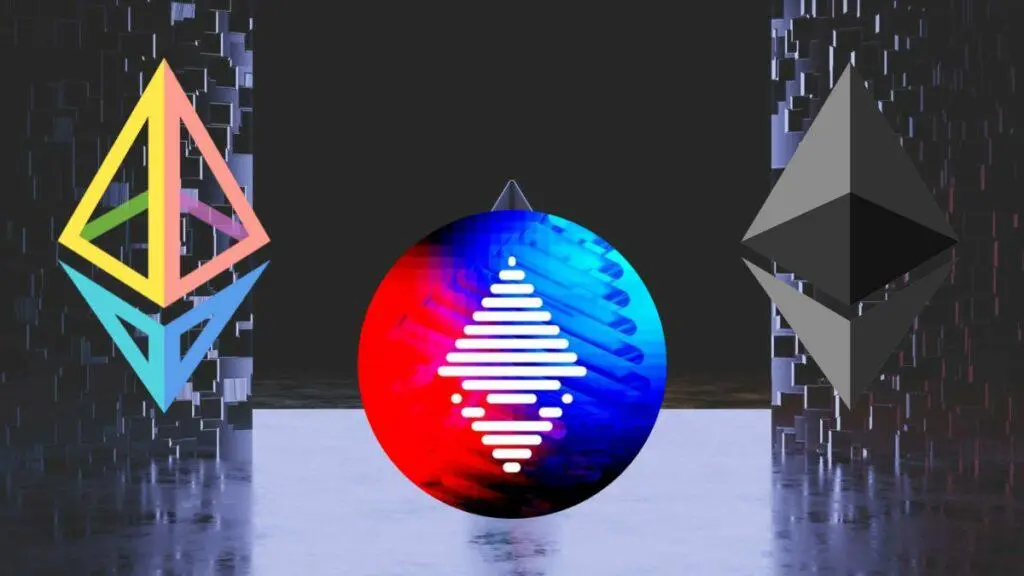Once upon a time, ETH reaching $10,000 almost became a consensus among cryptocurrency industry professionals and investors. However, the reality is that Bitcoin has been the sole star in this cycle, with ETH's price hovering around $2,000, and even dropping below $1,500 at one point.
Facing the token price downturn, many community members have focused their anger on the Ethereum Foundation (EF), criticizing it from multiple angles, including but not limited to being weak and inactive, centralized governance, low transparency, lack of brand maintenance, bloated organizational structure, and lack of strategic vision. Regarding these controversies, EF announced a strategic reorganization in June, but still faces significant doubts.
Under the backdrop of ETH's decline and the "suffering from EF for a long time" sentiment, in July this year, at the 8th Ethereum Community Conference (EthCC 8) in Cannes, France, Ethereum core developer Zak Cole led the establishment of the Ethereum Community Foundation (ECF). "ECF will say what the Ethereum Foundation cannot say and do what the Ethereum Foundation is unwilling to do," Cole introduced, positioning ECF as an independent organization with the core mission of "supporting Ethereum in the form of assets" and dedicated to pushing ETH's price to $10,000.

Who is ECF's leader Zak Cole?
As the initiator of ECF, Zak Cole has a rich and diverse background. Zak was trained as a network engineer in the US Marine Corps early on and during the "Iraqi Freedom Operation" in 2007-2008, he and his team were responsible for building critical mission data infrastructure in Anbar Province, Iraq.
After retiring from the Marine Corps, Zak, working as a network engineer, began to engage with Bitcoin and continued to work in network development, network engineering, and applied cryptography, successively founding multiple companies in advertising technology, network hosting, and network security, and ultimately arriving in the Ethereum ecosystem and the broader blockchain field.
In 2017, Zak judged that the market lacked commercial and easy-to-use blockchain system development tools, so he founded Whiteblock, initially providing testing services, and later decided to transform the testing services into a SaaS platform. According to early data released by Whiteblock, its clients included the U.S. Department of Defense, ConsenSys, Beam, RChain, Syscoin, and the Ethereum Foundation.

Besides Whiteblock, Zak is also active in several influential Web3 projects and organizations. He is one of the co-founders of the smart contract security competition platform Code4rena and was previously the co-founder and CTO of Slingshot Finance, focusing on decentralized trading experience. He has also served as a mentor at the ETC Labs accelerator and was the chairman of the Enterprise Ethereum Alliance testing working group, providing technical consulting for projects like DeFi Pulse and Syscoin.
What truly made Zak Cole famous was his recent initiation of the Ethereum Community Foundation (ECF). In his speech, he mentioned that "ETH rising to $10,000 is not a meme, but a demand, a benchmark, an instruction," which excited many Ethereum community members.
Currently, apart from Zak as the leader, the other core team members and supporters of ECF have not been publicly disclosed, and the specific organizational structure and leadership lineup are yet to be announced.
How to Make ETH Great Again?
The ECF website states:
"ETH's price has been ignored for too long. Our mission is to enhance its value through education, funding, outreach, and ecosystem support."
To achieve this goal, ECF plans to fund projects that can enhance Ethereum's underlying infrastructure, while focusing on increasing ETH burning, expanding public goods contributions, and advancing network scalability. Zak said that the Ethereum Foundation's insufficient attention to ETH as an asset fails to serve the interests of all ETH holders.
ECF has received community and funding support since its establishment. Currently, the foundation has raised millions of dollars worth of ETH funds to support projects that align with its goals. These funds primarily come from anonymous Ethereum holders and community donors. ECF has set strict funding standards: only supporting "tokenless, immutable" projects and requiring all selected projects to directly promote ETH burning, thereby strengthening ETH's economic value. This approach is described as a "credibly neutral" project funding strategy, avoiding any model that dilutes value through new token issuance.
In terms of technology and ecosystem, ECF has initiated several collaborative initiatives. Its first major funding project is the Ethereum Validator Association (EVA). EVA aims to provide a voice channel for network validators, allowing them to vote and prioritize protocol upgrade routes through their staked ETH.

Cole pointed out that EVA will "introduce validator representatives" to enable validators to influence Ethereum's client development and monetary policy based on performance. ECF is also actively promoting cooperation and communication with governments, regulators, and traditional financial institutions, hoping to promote Ethereum's institutional adoption. The foundation emphasizes that all allocations and decisions will maintain "Radical Transparency"; the community can participate in funding direction through a "coin voting" mechanism, with all fund movements and project progress being publicly disclosed.
Regarding ECF's initiatives, some crypto KOLs and users believe that this funding model focusing on tokenless, public chain infrastructure helps return to Ethereum's original value proposition, enhancing network security and reliability. Others question the completely tokenless incentive model, concerned about project maintenance motivation and developer rewards.
Although the establishment of ECF has attracted widespread attention, whether it can truly achieve the goal of "ETH returning to $10,000" remains to be seen. Whether promoting token value or reconstructing Ethereum's governance and funding logic, this path will not be easy. Whether ECF can continue to attract developers and funding support while maintaining credible neutrality is key to determining its fate.
However, regardless of success or failure, the emergence of ECF itself releases a positive signal: the Ethereum ecosystem still has the ability to self-renew, and there are still developers who are unwilling to remain silent and are willing to stand up. The emergence of such diverse voices and new forces is, for Ethereum at a critical turning point, a new hope.







